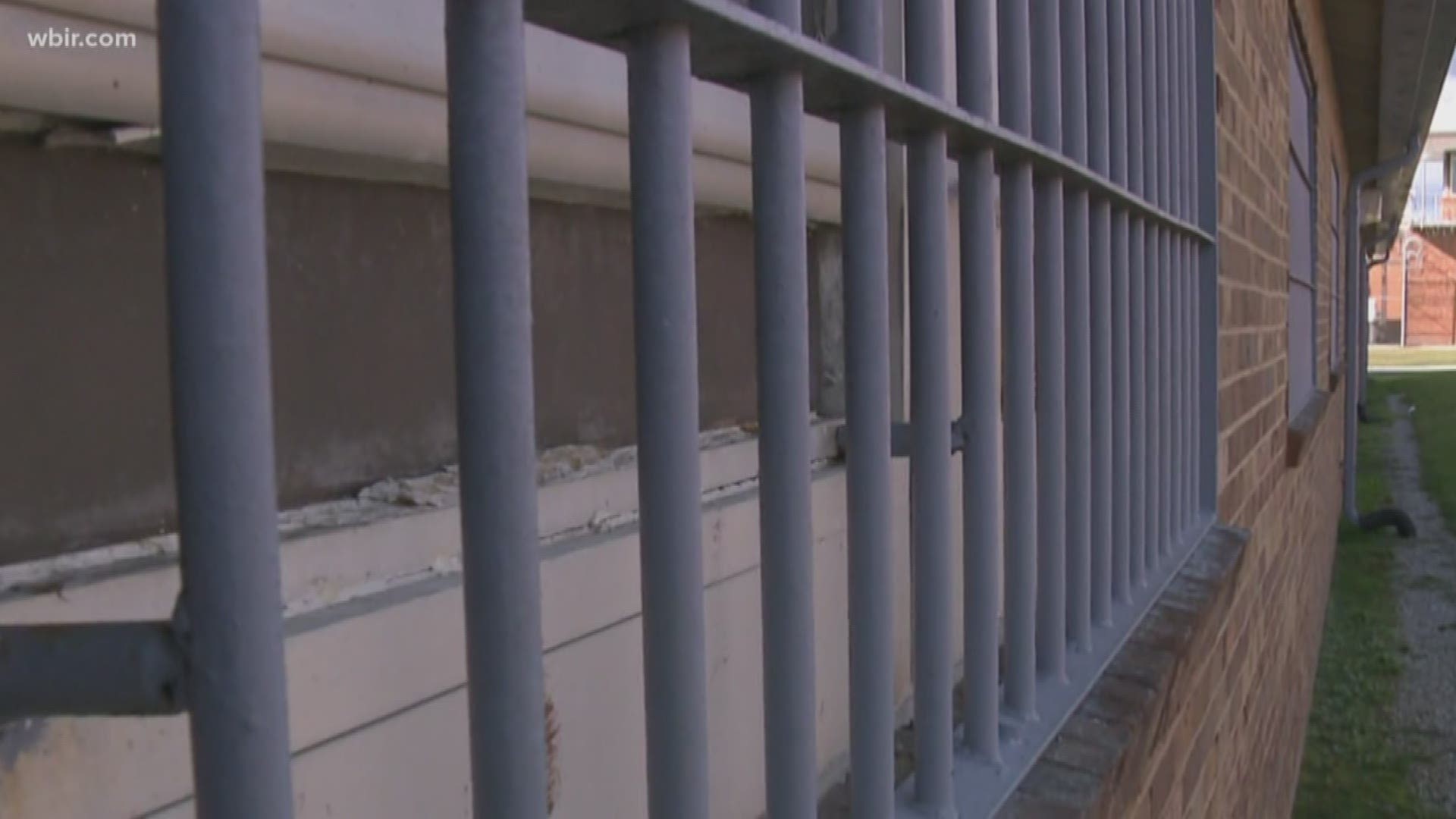NASHVILLE, Tenn. — Leaders with the Tennessee Department of Corrections are once again pressuring lawmakers to bring cellphone jamming technology to prisons.
The issue of contraband cell phones has repeatedly come up in Tennessee legislature, and TDOC commissioner Tony Parker is calling on state and federal lawmakers to consider allowing jamming as a solution.
The call comes on the heels of a new report on the effectiveness of jamming illegal wireless devices in prisons.
The National Telecommunications and Information Administration report details the results of a pilot test in a South Carolina state prison utilizing micro-jamming technology. According to Parker, the report showed the technology would make illegal cell phones "inoperable" without disrupting legal communication.
When reading the conclusions of the report itself, NTIA researchers said their findings at that particular prison showed jamming power levels 'substantially exceeded' those of competing wireless signals.
"Because the jammer signal was much stronger than the CMRS signal received inside the prison it would be likely to deny service to other wireless devices within some indoor zone," the report said.
However, they concluded the data provided no information on the application of micro-jamming on a wider scale, saying there was no prior criteria on its effectiveness and they were unable to control certain variables such as the idiosyncrasies of the particular buildings they tested in.
Because of that, the report concluded 'the data provided no information' on whether wireless devices can or cannot perform their intended functions in the presence of stronger jamming signals.
Furthermore, researchers were unable to determine the impact jamming would have on interfering with non-targeted wireless devices, such as those used nearby the prison.
Ultimately, researchers concluded there were too many unknowns, recommending such technology should only be developed once further analyses are done on prison applications.
"A more thorough and systematic approach is needed to arrive at a determination of such threshold values," the report said, saying there is a knowledge gap and more research needs to be done on the precise power levels at which jammers would effectively block competing wireless signals inside a particular building without interfering with outside signals.
For years, TDOC and others in the corrections industry have asked permission to use jamming technology to disable cell phones, saying their current options of managing access systems have proven unreliable and expensive.
In TDOC's Wednesday statement, it said inmates have used contraband cellphones to smuggle drugs and plan assaults and escapes. TDOC has said it has seized thousands upon thousands of cellphones over the year.
Contraband cell phones have a history in the state's prisons, which TDOC said an inmate used a contraband cell phone in 2005 to escape -- leading to the killing of a correction officer.
“It is time to move forward with the use of micro-jamming technology," Parker said. "All other technology designed to help correctional departments remove the threats that illegal cell phones bring, have failed and it is time to put the interest of public safety first.”
David Fathi with the American Civil Liberties Union National Prison Project said in the past most prisoners are not using the contraband phones for illegal activity -- but to call their families and friends.
In particular, he claims prisons have fed the demand for illegal cellphones by making it expensive for inmates to call their relatives on legitimate phones inside the prison.
“A short phone call could be $10 or $15, which is an enormous amount of money for prisoners and their families who come from the very poorest sectors of society,” Fathi said.
The renewed call also follows a long legislative discussion in Tennessee. In 2018, Senator Ken Yager (R-Kingston) and Representative William Lamberth (R-Portland) sponsored a resolution in the Tennessee General Assembly encouraging the Federal Communications Commission to support the use of jamming technology within Tennessee prisons.
Under U.S. law, the FCC can only grant permission to jam public airwaves to other federal agencies. However, U.S. lawmakers have introduced bills this year that would change the law to allow the FCC to extend those permissions to state and local authorities.

